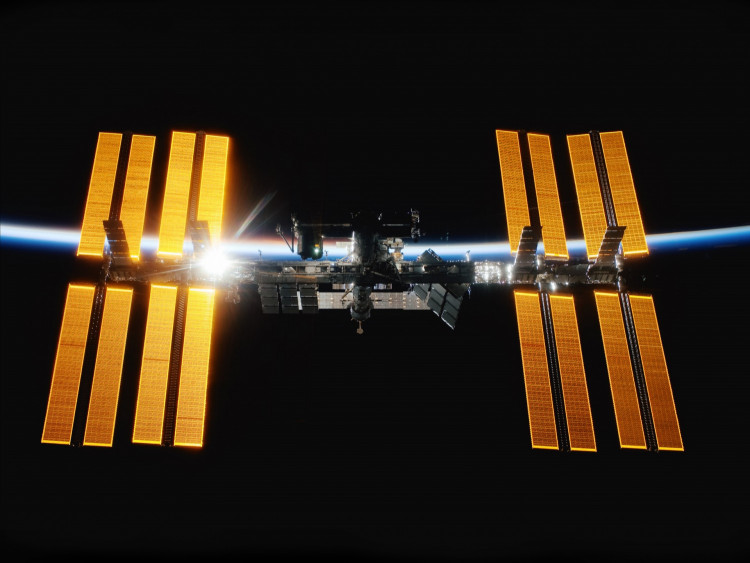Another victim of the invasion of Ukraine may be the decades-old space relationship between Russia and the West.
The Russian space agency, Roscosmos, has put a stop to Russian-built Soyuz rocket launches from Europe's Spaceport in Kourou, French Guiana. Dimitry Rogozin, the head of Roscosmos, declared on Friday that his agency will no longer sell rocket engines to American companies.
"In a situation like this, we can't supply the United States with our world's best rocket engines. Let them fly on something else, their broomsticks, I don't know what," Rogozin said on state Russian television, according to Reuters.
Rogozin has also questioned Russia's participation in the International Space Station program, which has traditionally been viewed as a symbol of cooperation in difficult times on Earth.
OneWeb, a London-based startup, stated early Thursday morning (March 3) that it will cease satellite launches from Russia's Baikonur Cosmodrome in Kazakhstan.
The decision came after Roscosmos announced that it would not launch 36 OneWeb internet satellites as planned on Mar. 4 unless OneWeb guaranteed that the craft would not be used for military purposes and the U.K. government agreed to divest itself from OneWeb, which it assisted in buying out of bankruptcy in 2020.
Shortly after Russia invaded Ukraine on Feb. 24, US President Joe Biden announced fresh economic sanctions aimed at crippling Russia's space program, among other things. The sanctions, Rogozin said, would have disastrous consequences for the orbiting lab. On Feb. 24, the Roscosmos chief tweeted: "Do you want to destroy our cooperation on the ISS?"
Rogozin also tweeted a link to an interview he made with state-run network Russia Today on Wednesday (Mar. 2). Rogozin emphasized in the interview that Russia is in charge of space station navigation as well as fuel delivery to the orbiting laboratory.
Roscosmos has recently declared that it will discontinue collaboration on joint German-Russian science projects aboard the space station, instead conducting the investigations independently - yet another retaliation to sanctions imposed following the invasion of Ukraine. Meanwhile, Germany's DLR shut down its eRosita black hole telescope on Russia's Spectrum-Roentgen-Gamma satellite and suspended space cooperation.
The ISS is currently scheduled to be operational until the end of 2024. The White House has authorized NASA to plan for the continuation of ISS operations through 2030, albeit such an extension would necessitate agreement from all program partners, including Russia.
However, the U.S.-Russia working partnership is under strain today more than at any other time in the ISS's long history, and it's unknown how well it will hold up.





